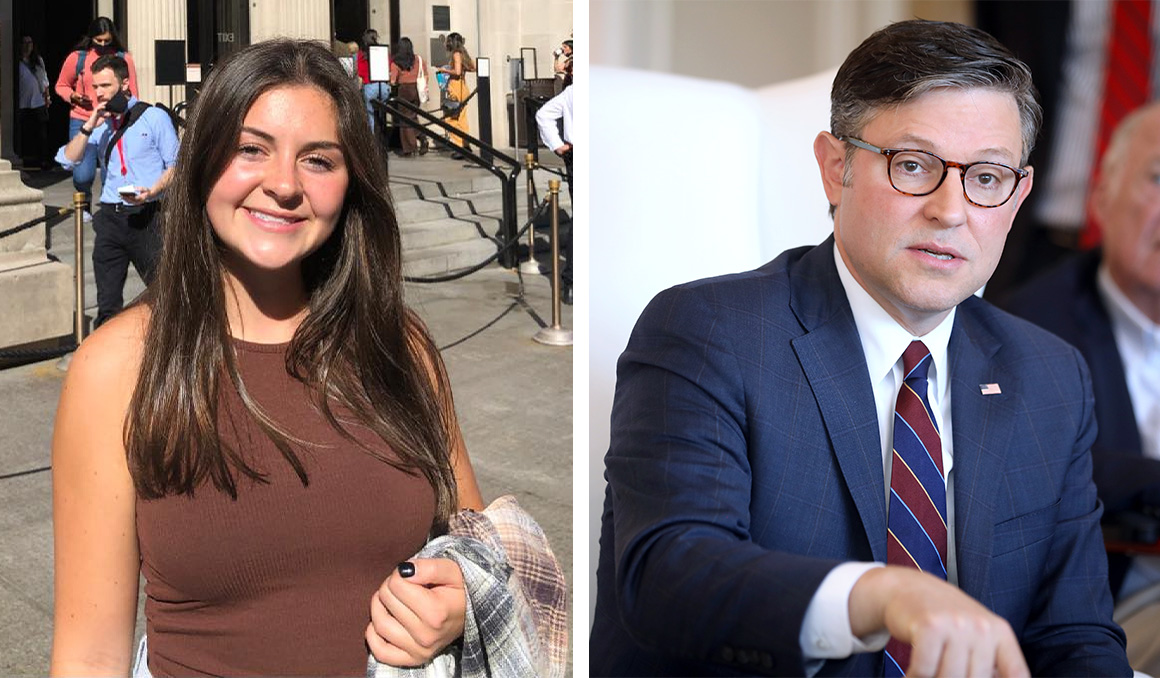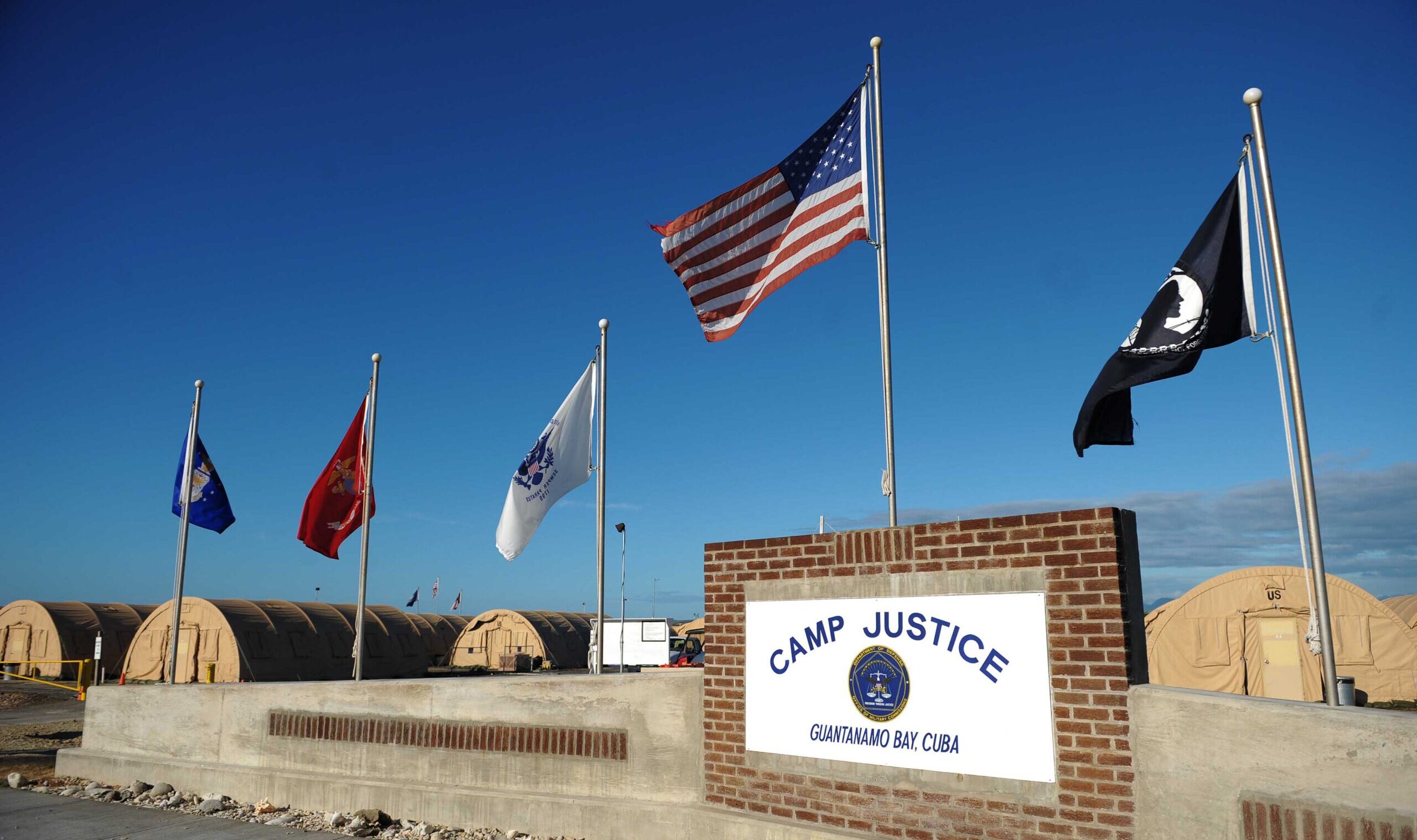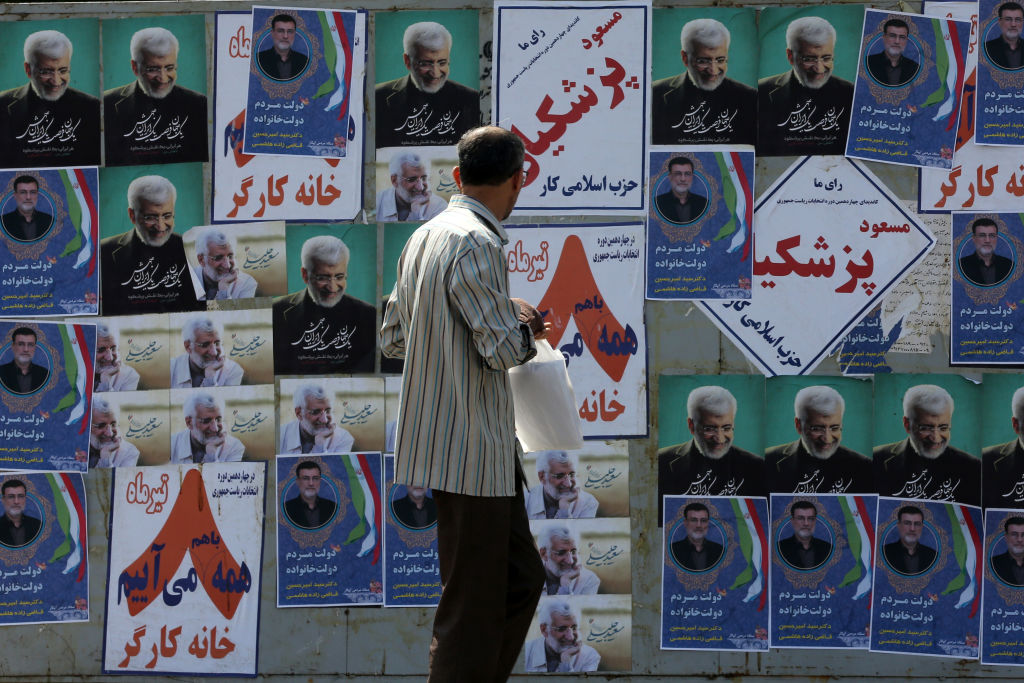CV NEWS FEED // In a Jan. 6 press conference about his new role as Archbishop of the Archdiocese of Washington, D.C., Cardinal Robert McElroy spoke about synodality, engaging with the Trump administration, and about mass deportation, which he described as “incompatible with Catholic doctrine.”
According to the Catholic Standard, Cardinal Christophe Pierre, the apostolic nuncio to the United States announced Cardinal McElroy’s appointment and Cardinal Wilton Gregory’s resignation Jan. 6 in Washington, D.C.
Cardinal McElroy has served as the bishop of the Diocese of San Diego since 2015 and will be taking on the role Cardinal Gregory has held since 2019. Cardinal Gregory is now 77 and Pope Francis has accepted his resignation from active ministry, which is standard for bishops to submit at age 75.
When asked by Crux journalist John Lavenburg for comment on engaging with the incoming Trump administration, Cardinal McElroy answered that all Americans “should pray that the government of our nation is successful in helping to enhance our society, our culture, our life and the whole of our nations,” as he had prayed before the election, and continues to pray now.
“In terms of what issue would I see coming forth in the life of the church that might be in contrast with some of the priorities the president-elect has been talking about, a large one, of course, is immigration,” Cardinal McElroy continued.
He acknowledged that the Church teaches that a country has the right to control its borders, but that the Church also teaches that each person has inherent dignity.
“And thus plans which have been talked about in some levels of having a wider, indiscriminate, massive deportation across the country would be something that would be incompatible with Catholic doctrine,” Cardinal McElroy stated. “So we’ll have to see what emerges in the administration.”
During his opening statement at the Jan. 6 conference, Cardinal McElroy focused on synodality and working with the members of his new archdiocese.
He said that he does not yet have a vision for the Archdiocese, since he does not yet know its members.
“But I know the elements that will be necessary for me to form one over time,” he said. “The Gospel of Jesus Christ and the teachings of the Church; a pastoral perspective where truly love and truth can meet, a dedication to missionary discipleship, and a growing understanding odf the real lives of the women and men and children and families, singles, priests and religious that form this vibrant community of faith.”
The Cardinal stated that he had three main callings in his upcoming ministry as Archbishop, the first “to show reverence for the grace of God which is already present in your midst and in the commitment to discipleship that underlies this local Church.”
The second call is “to know and understand this wonderful community of faith,” he said, and the third is “to be filled with gratitude for God’s graces in my life.”


 By CatholicVote | Created at 2025-01-06 23:26:17 | Updated at 2025-01-08 05:11:03
1 day ago
By CatholicVote | Created at 2025-01-06 23:26:17 | Updated at 2025-01-08 05:11:03
1 day ago








